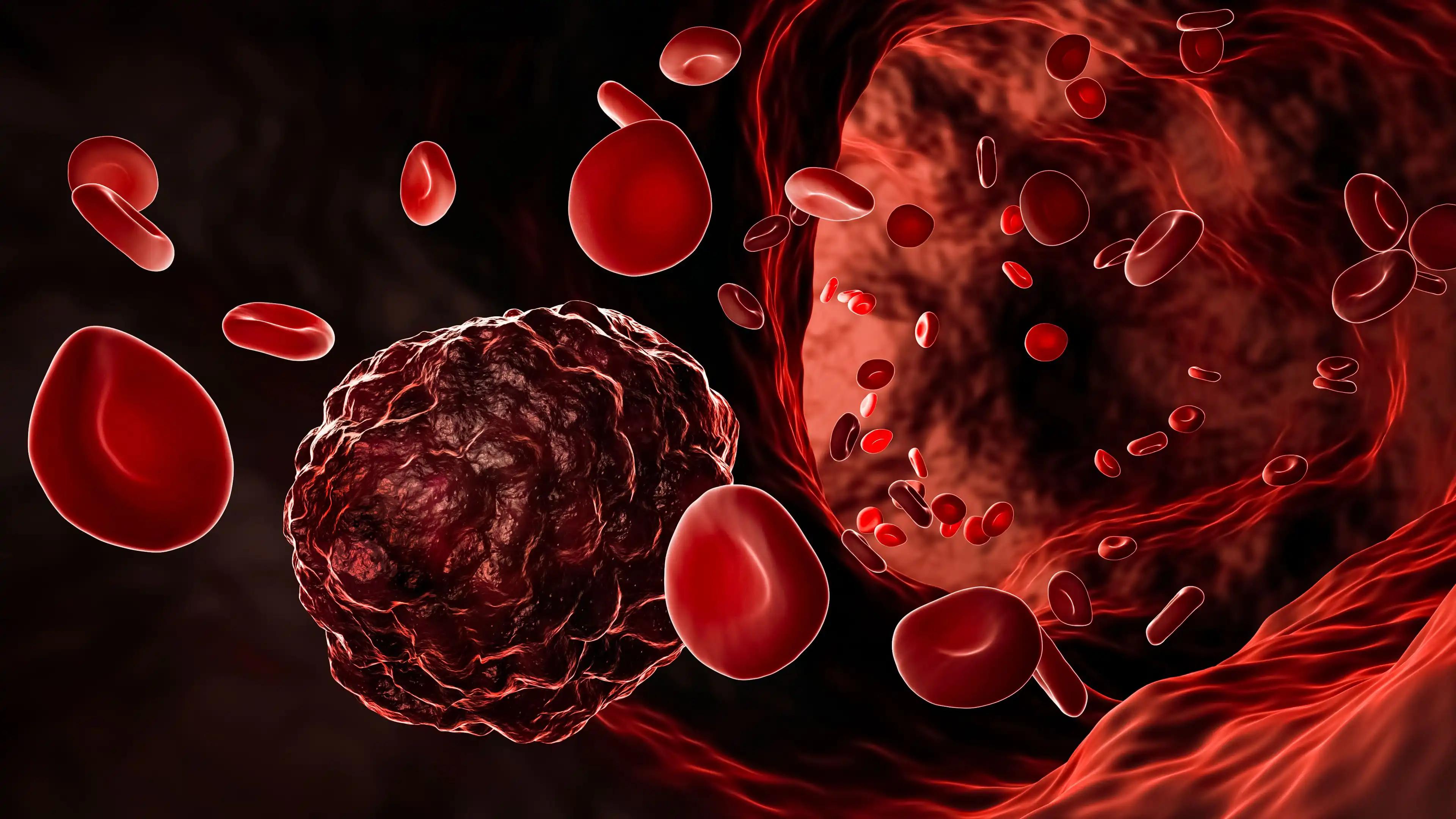KEY TAKEAWAYS
- The EPCORE NHL-1 phase 2 study investigated the administration and safety of epcoritamab in the early identification and management of AEs in R/R LBCL.
- The study exhibited that subcutaneous epcoritamab is well-tolerated and effective as a CD20+ B-cell-targeted treatment, improving self-reported symptoms.
In the EPCORE NHL-1 trial, epcoritamab was administered in patients (pts) with relapsed or refractory large B-cell lymphoma (R/R LBCL) as a 1-mL subcutaneous (SC) injection, preferably in the lower abdomen or thigh, with a rotation of injection sites. The dosing regimen followed 28-day cycles. In the first cycle, weekly treatment was initiated with incremental doses before full dosage administration. Subsequently, full doses were administered weekly in cycles 2–3, every 2 weeks in cycles 4–9, and every 4 weeks from cycle 10 onward until either disease progression or unacceptable toxicity occurs. During the first cycle, premedication was mandatory, while it became optional from cycle 2 onwards.
The most frequently observed treatment-related adverse events (AEs) in the study included cytokine release syndrome (CRS; 49.7%), injection-site reactions (28.0%), pyrexia (23.6%), fatigue (22.9%), neutropenia (21.7%), and diarrhea (20.4%). The majority of these occurred within the initial 12 weeks of treatment, with a subsequent decline in the incidence of common treatment-related AEs. Almost all CRS events were of grade 1–2 severity and typically occurred after the first full dose in the first cycle. Common CRS symptoms included fever (≥38.0°C), hypotension, and/or hypoxia. Injection-site reactions were mostly of grade 1 (26%) and grade 2 (2%) severity and were effectively managed using cold packs, topical steroids, and/or oral antihistamines, with most pts experiencing 1–2 events. Qualitative interviews with a subset of pts (n=20) who had at least one symptom at baseline (such as fatigue, body pain, night sweats, fever, sleep difficulties, lack of appetite, breathlessness, nausea) revealed that 88% of pts reported improvements in one or more symptoms following epcoritamab treatment, finding the treatment tolerable and the subcutaneous administration convenient.
The study confirmed that subcutaneous epcoritamab is generally well-tolerated and a readily available CD20+ B-cell-targeted therapy, demonstrating effectiveness as monotherapy and significant improvements in patient-reported symptoms.
Source: https://ons.confex.com/ons/2023/meetingapp.cgi/Paper/12835
Clinical Trial: https://classic.clinicaltrials.gov/ct2/show/NCT03625037
Barnhizer, T., Phillips, T., Feldman, T., Doerr, T., Sacchi, M., Magarelli, G. P101 – In and Out: The Convenience of Subcutaneous Epcoritamab in Patients With Relapsed/Refractory Large B-Cell Lymphoma.



